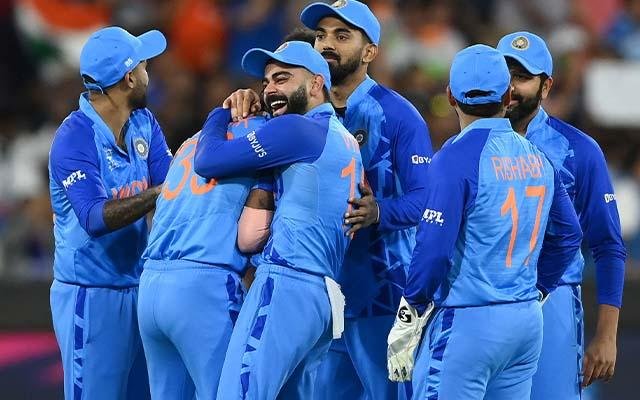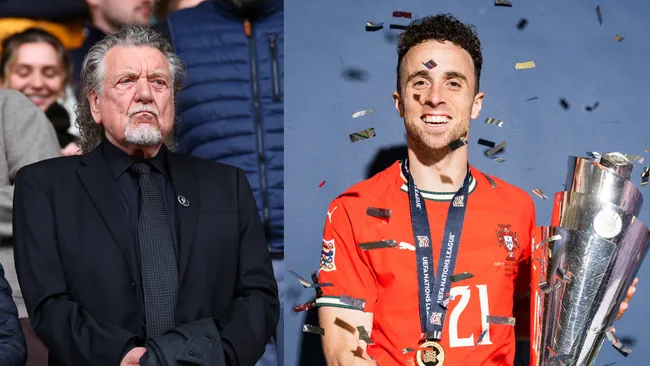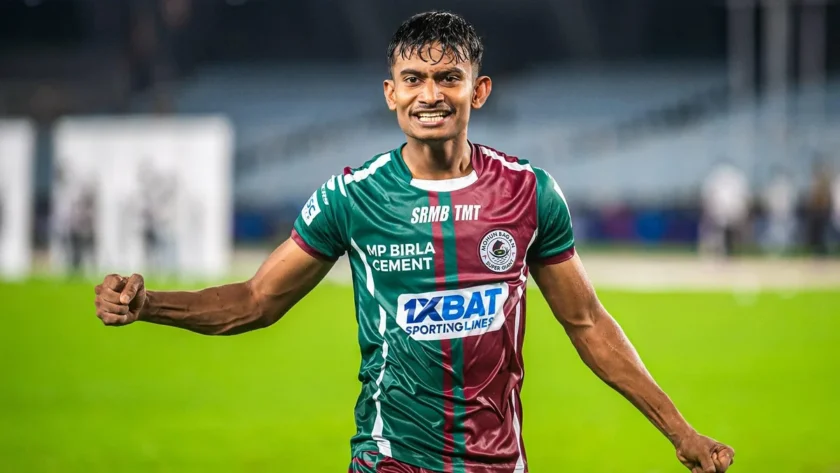New Delhi: A fresh appearance In a five-match series against Zimbabwe that begins here on Saturday, the Indian T20 squad will go off on a voyage of self-discovery without its regular talismans, Rohit Sharma and Virat Kohli, in an attempt to uncover their future stalwarts.
Shubman Gill, a reserve in that team, will press the refresh button along with a number other IPL performances, even as the excitement of winning the T20 World Cup spreads around India.
During the series, which is totally slated to be played in Zimbabwe’s capital, all of the newcomers are anticipated to make their international debut.
Two young guys who might soon make their debuts are Riyan Parag, a young Assamese player who has shown a great deal of promise as a T20 hitter, and Punjab’s Abhishek Sharma, who had an incredible IPL season for Sunrisers Hyderabad. They both meet every requirement for this format.
Even both Rohit and Kohli have missed a number of bilateral series in the last few years, particularly in the shortest format, their official departure from the format will undoubtedly be felt more keenly.
It will be difficult to match the abilities and qualities that the two contemporary greats brought to the table, but as is the way of things, the old guard must give way to the new one.
Zimbabwe isn’t the strongest opponent by any means, but in the Twenty20 format, the difference between the two teams isn’t as great as it is in the other two formats.
The hosts, headed by the fearless Sikandar Raza, a former IPL player for the Punjab Kings, may be quite the force on windy days at the Harare Sports Club, where the ball will jiggle about as the afternoon progresses.
These kids will remain in the running when the world champion team’s first team members return to national service thanks to a few strong performances in this series.
From the third match onwards, Shivam Dube, Sanju Samson, and Yashasvi Jaiswal will be available; some of the young guys will only have a few games to demonstrate their abilities.
Players who are expected to return to the T20 format in the future include Arshdeep Singh, Kuldeep Yadav, Rishabh Pant, Axar Patel, Hardik Pandya, and his probable successor, Suryakumar Yadav. The playing eleven won’t have too many openings. In the shortest format, the national team will play 34 games from now until the 2026 T20 World Cup in India.

Although captain Gill is anticipated to open, it remains to be seen whether his closest buddy Abhishek earns his first India cap or if seasoned CSK captain and captain of the squad that won gold at the Asian Games, Ruturaj Gaikwad, is selected.
Should Abhishek open, Gaikwad may bat third or swap places with the southpaw from Punjab. Compared to Abhishek, Parag has a better chance of making his debut since he can bat at number one for the Royals in the first game.
In this new look lineup, Rinku Singh—the Indian T20 team’s designated finisher for years to come—is projected to enter at number five, with Dhruv Jurel or Jitesh Sharma batting at number six and wearing the large gloves.
Based on the selection pattern, Jurel started this series as the backup keeper behind Sanju Samson, but Jitesh was a late addition due to the World Cup team players’ unavailability.
As a result, Jurel, who had a strong Test debut against England, would probably start the first two matches before Samson gets there.
A highly consistent death bowler, Mukesh Kumar, might be the third seamer to surpass Harshit Rana, who is a superior slogger with the willow, in the bowling department. Avesh Khan and Khaleel Ahmed are the two standbys during the T20 World Cup.
With his versatility, Washington Sundar will keep his position till Dube gets there, while leg-spinner Ravi Bishnoi is anticipated to participate in every match.
Teams
India (first two matches): Avesh Khan, Khaleel Ahmed, Mukesh Kumar, Tushar Deshpande, Sai Sudharsan, Jitesh Sharma (wk), Riyan Parag, Washington Sundar, Abhishek Sharma, Rinku Singh, Dhruv Jurel (wk), Shubman Gill ©, Ruturaj Gaikwad, Ravi Bishnoi, Avesh Gill, W.C.
Zimbabwe: Captain Sikandar Raza; Faraz Akram; Brian Bennett; Jonathan Campbell; Tendai Chatara; Luke Jongwe; Innocent Kaia; Clive Madande; Wellington Masakadza; Brandon Mavuta; Blessing Muzarabani; Dion Myers; Antum Naqvi; Richard Ngarava; Milton Shumba.






